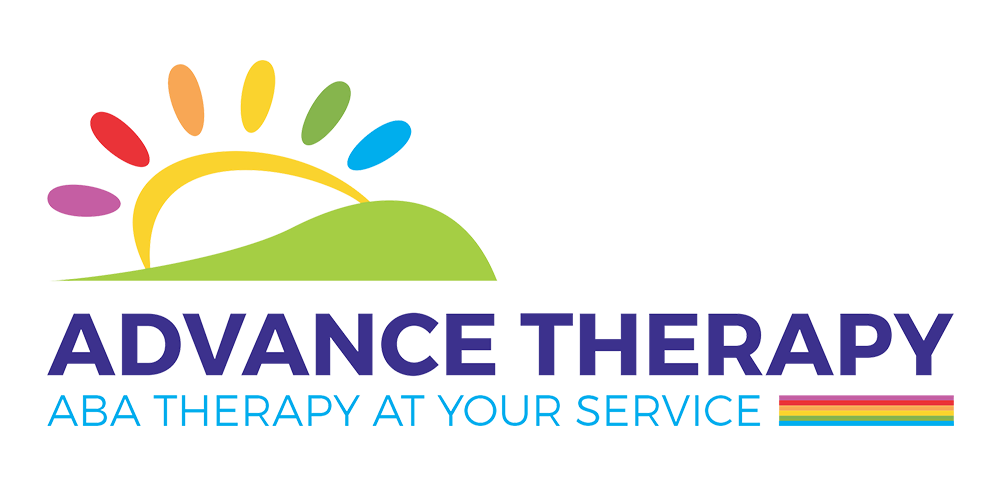
Introduction
Raising a child with autism comes with unique challenges, but one of the most powerful tools parents can use is Applied Behavior Analysis (ABA)—not just in the clinic, but right at home. While therapy sessions provide essential structured learning, it’s the daily routines at home that often offer the richest opportunities to build resilience, independence, and confidence in children. This blog explores how families can embed ABA techniques into everyday life to help their child thrive.
Why Resilience Matters in Autism Therapy
Resilience isn’t just about bouncing back from tough situations—it’s about building the skills and emotional regulation that allow a child to grow, adapt, and handle everyday frustrations. For children on the autism spectrum, developing resilience helps them better manage changes in routine, deal with sensory overload, and build stronger communication with others.
Through ABA, resilience is taught by breaking down challenges into manageable steps, rewarding effort, and gradually increasing difficulty as the child becomes more confident.
Everyday ABA Techniques Parents Can Use at Home
1. Prompt and Reinforce Positive Behavior
Use gentle prompts and immediate reinforcement when your child shows calm, patient, or problem-solving behaviors. For example, if your child waits their turn or uses a word instead of a scream, reward the behavior with verbal praise or a preferred activity
2. Set Predictable Routines with Flexibility
Children thrive in structured environments. Build a consistent routine, but occasionally introduce small changes with support to help your child learn adaptability—key to resilience.
3. Model Coping Strategies
If something unexpected happens (a favorite toy is missing, a plan changes), use the moment to model calm problem-solving. Narrate your process: “I feel a little upset too, but let’s take a deep breath and think about what we can do.”
4. Use Visual Supports
Visual schedules, social stories, and emotion charts can help children predict what’s coming next and understand their feelings. These supports reduce anxiety and give kids tools to cope with difficult moments.
5. Celebrate Small Wins
Reinforce every success, no matter how small. Each win builds confidence. Whether it’s trying a new food, staying calm in a noisy room, or using a new word, these steps create a strong foundation for independence.
Empowering Parents as Coaches

One of the unique strengths of ABA is how it empowers parents and caregivers to be active participants in therapy. With simple strategies, families become coaches and motivators in their child’s development journey.
At AdTherapy, we offer parent coaching sessions to help you learn these techniques with confidence and consistency. Our goal is to ensure therapy doesn’t end when the session does—it continues where your child feels safest and most supported: at home.
